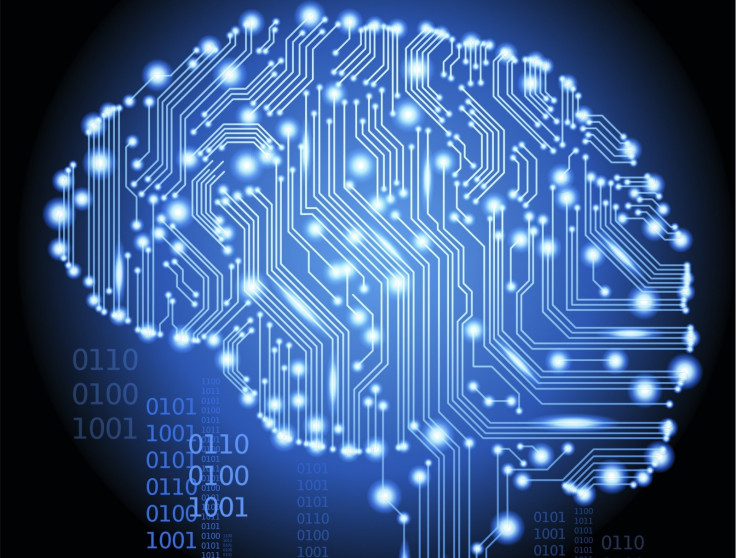Robot learns how to cook and use tools by watching YouTube videos

A robot-training system that allows artificial intelligence to learn how to carry out tasks such as cooking by "watching" online tuition videos has been developed by scientists.
Researchers from the University of Maryland and NICTA in Australia demonstrated how deep neural networks in computer vision could be used to learn manipulation actions, such as chopping tomatoes.
Findings from the paper, Robot Learning Manipulation Action Plans by 'Watching' Unconstrained Videos from the World Wide Web, will be presented later this month at the 29th annual conference of the Association for the Advancement of Artificial Intelligence (AAAI) in Austin, Texas.
"The ability to learn actions from human demonstrations is one of the major challenges for the development of intelligent systems," the researchers wrote in the paper. "Particularly, manipulation actions are very challenging, as there is large variation in the way they can be performed and there are many occlusions.
"Our ultimate goal is to build a self-learning robot that is able to enrich its knowledge about fine grained manipulation actions by 'watching' demo videos."
Artificial intelligence deep learning
The process of learning manipulation actions involves inputting information from the audio and images of the videos.

Using something known as a convolutional neural network, researchers allowed their model to identify objects and recognise actions.
As part of the study, 88 YouTube videos of people cooking were viewed by the model. Commands needed to cook food were generated by the AI.
"We believe this preliminary integrated system raises hope toward a fully intelligent robot for manipulation tasks that can automatically enrich its own knowledge resource by 'watching' recordings from the World Wide Web," the researchers concluded.
Fears over advancements in artificial intelligence
The rapid advancement of artificial intelligence has led prominent scientists and entrepreneurs to warn mankind could be in danger if such developments are not kept in check.
Last month, theoretical physicist Stephen Hawking stated the human race could be superseded by such technology.
"The primitive forms of artificial intelligence we already have, have proved very useful. But I think the development of full artificial intelligence could spell the end of the human race," Hawking said.
"It would take off on its own and redesign itself at an ever increasing rate. Humans, who are limited by slow biological evolution, couldn't compete, and would be superseded."
Hawking's thoughts echoed the sentiments of Elon Musk, founder and CEO of Tesla and SpaceX. Musk claimed last year that the development of artificial intelligence was akin to "summoning the devil" and could be humanity's "biggest existential threat".
© Copyright IBTimes 2025. All rights reserved.






















